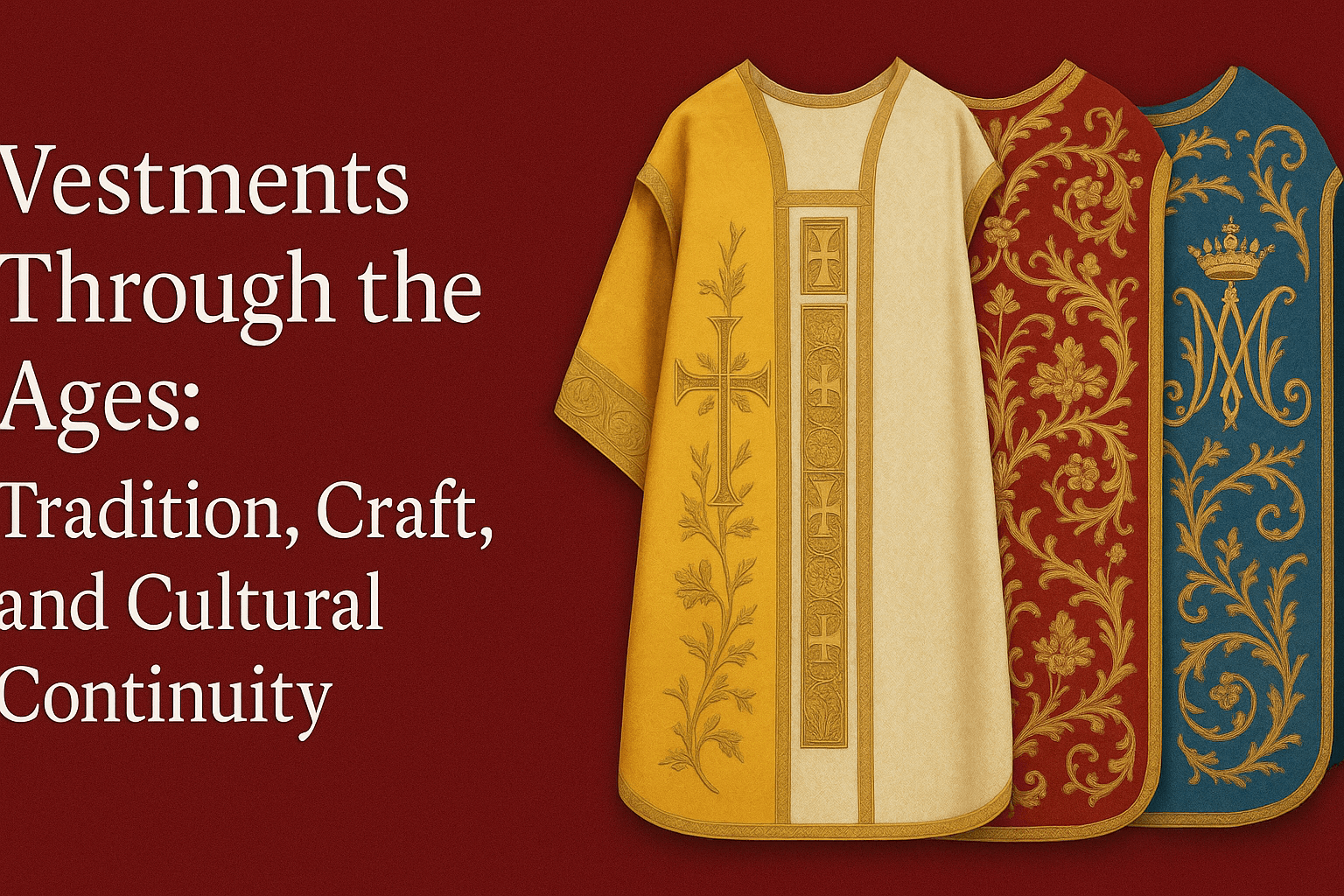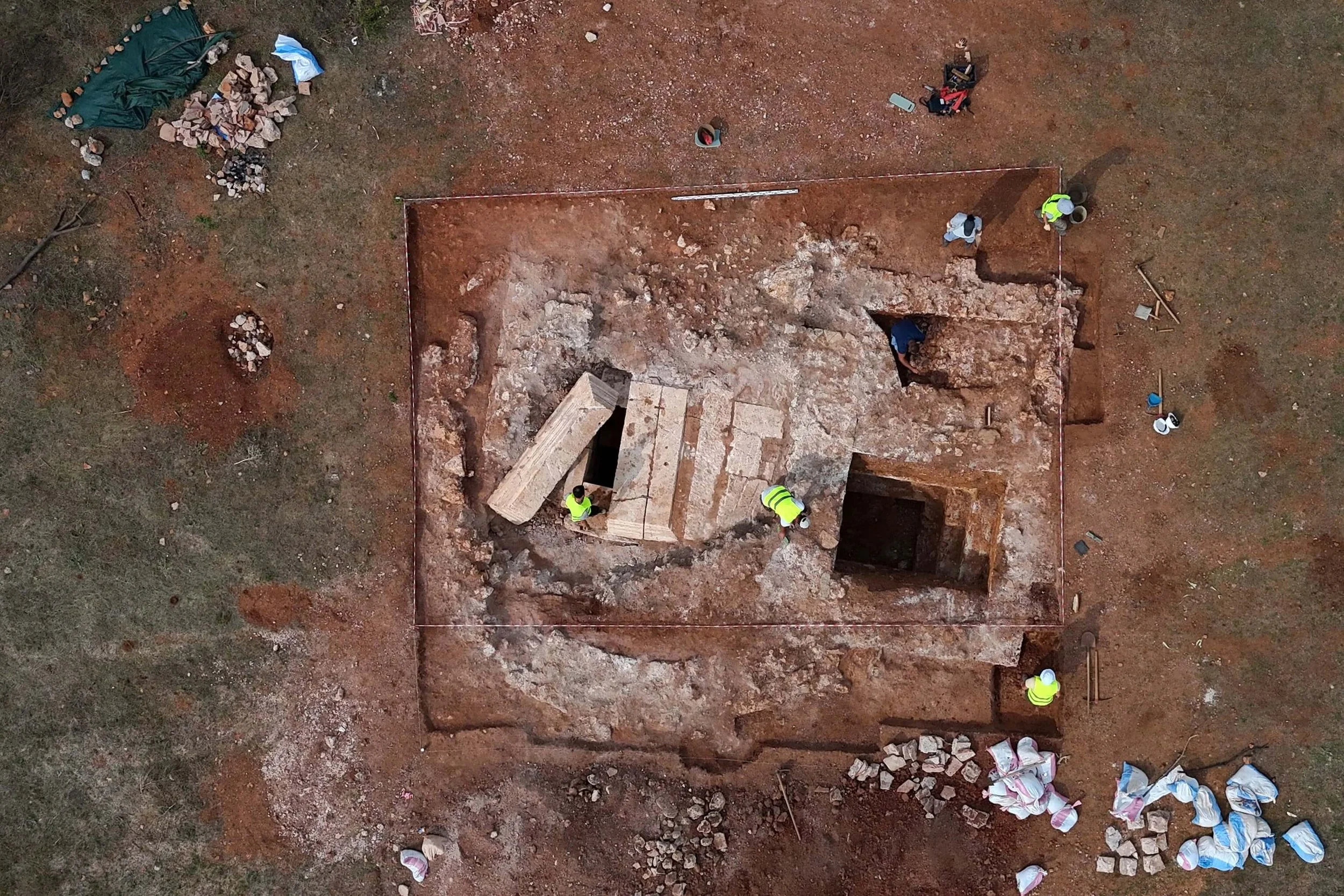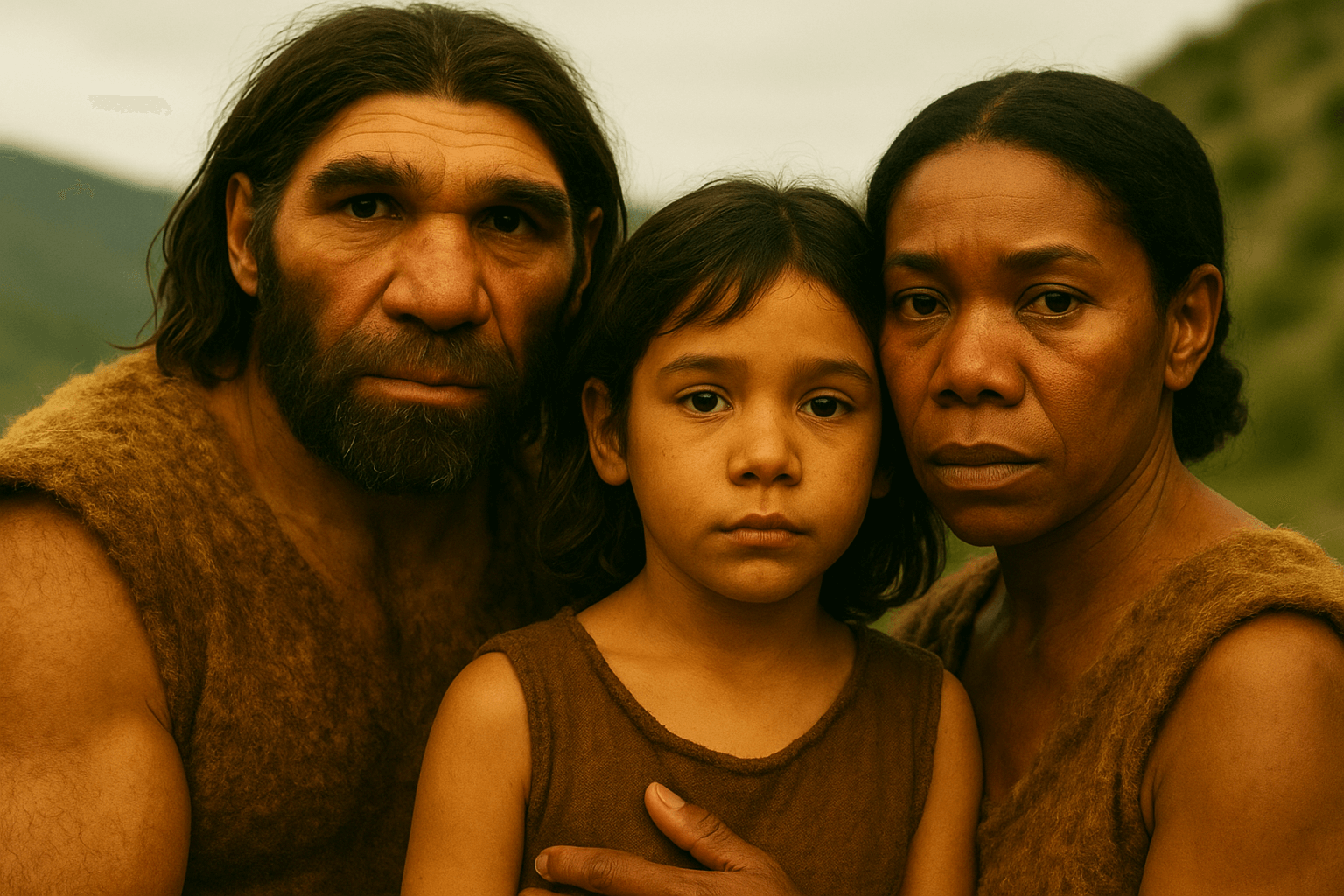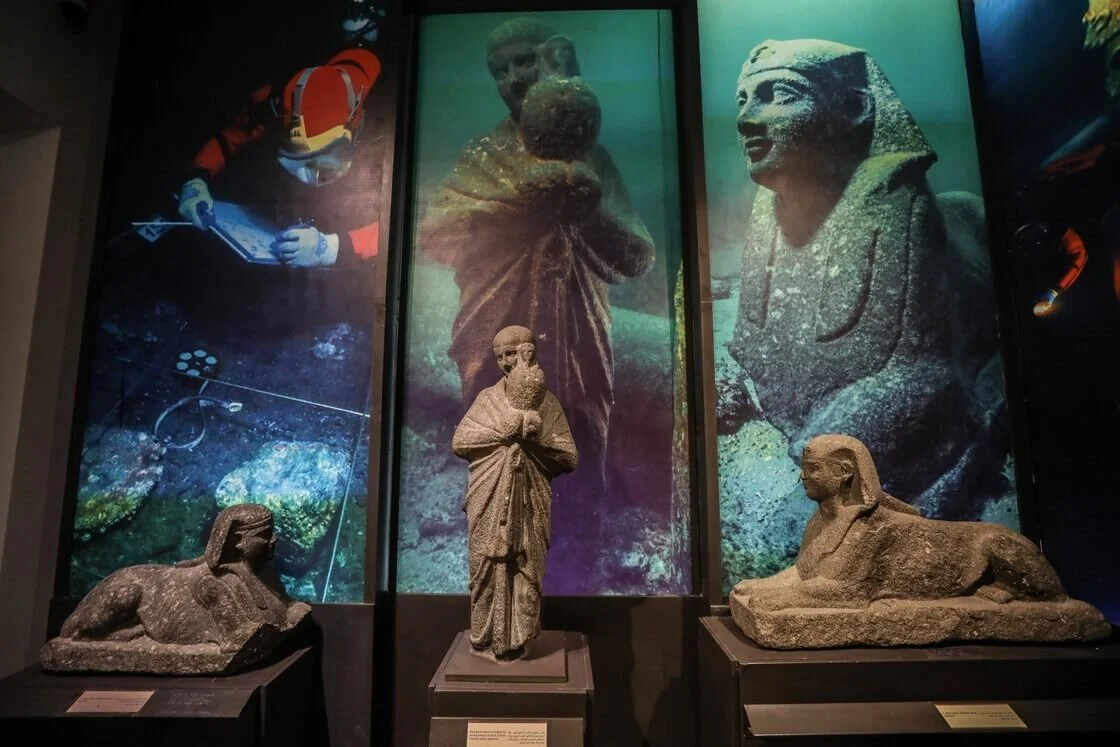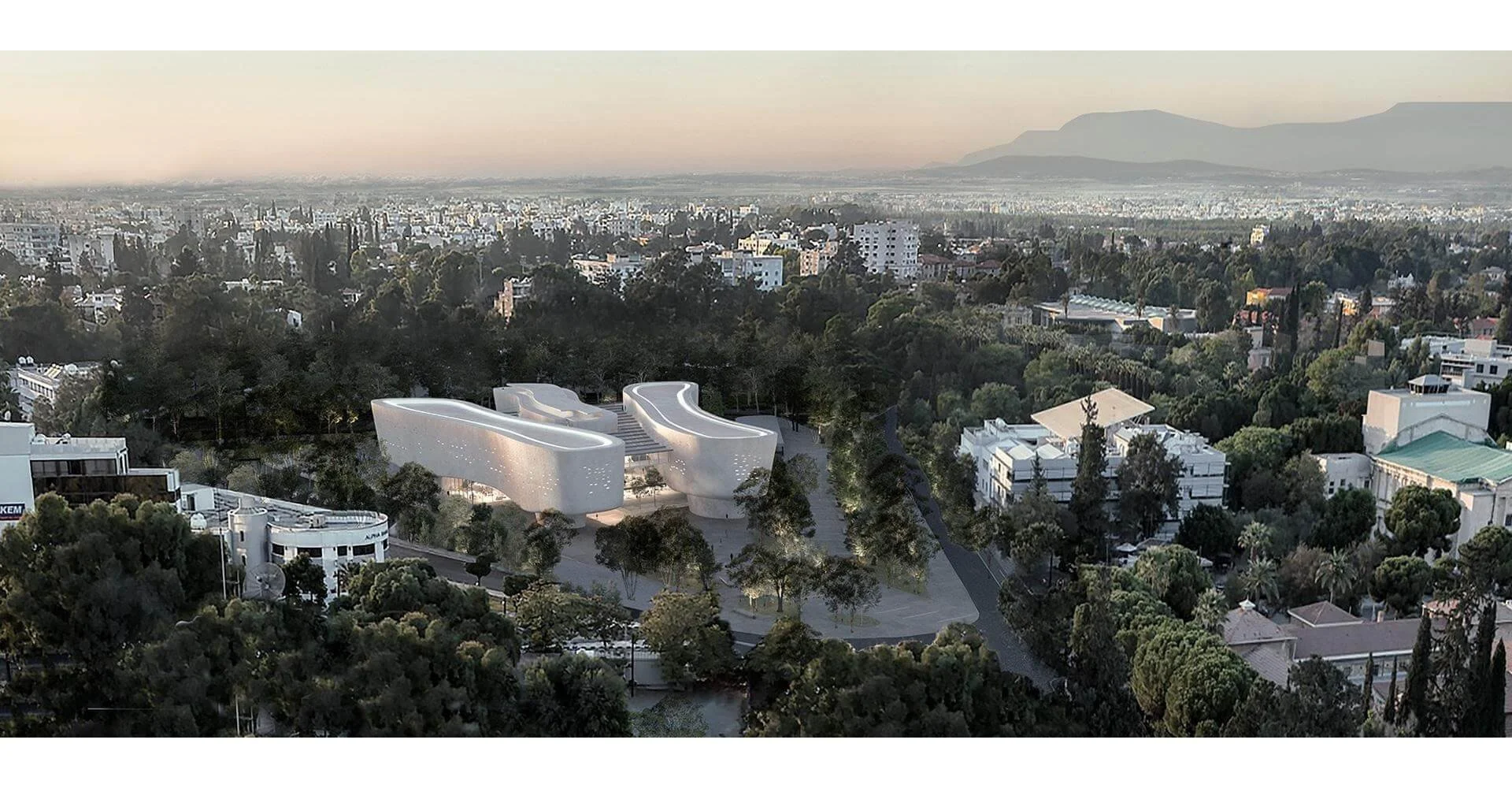Ancient Greek letters carved into a rock were found in a mountainous region of Tajikistan, Central Asia.
In particular, a message was written on a stone that, according to Nicholas Sims-Willions, an expert in the study of the Bactrian language, means "This is the... of the King of Kings, Vima Taktu". Due to the natural landscape of Tajikistan, archaeologists do not usually have the opportunity to discover new monuments. Since the surrounding area is inaccessible, local people offered to help archaeologists to collect information.
In 1932, a local shepherd found a basket of documents on Mug Mountain, which he brought to the archaeologists, who then learned that it was the first written text of the historical Sogdian language, which led to the discovery of the ancient settlement of Penjikend. Sogdiana (formerly Transoxiana) was a province of the Achaemenid Empire of Persia. Although the Sogdian states were never politically united, they were concentrated around the capital city of Samarkand.
How was the rock discovered?
Similar to the shepherd, a resident of a nearby village discovered the engraved rock in the mountains. Bobomulloev Bobomullo, a researcher at the Institute of History, Archaeology and Ethnography of the National Academy of Sciences of Tajikistan, became interested in the news and took it upon himself to investigate it. After detailed examination, it turned out that the inscriptions were written in ancient script. It was located in the northernmost part of the gorge near the Almosis River. According to the man who found the inscription, there were other inscriptions on many different rocks, but due to avalanches, many of the inscriptions were damaged and fell into the mountains.
What was Bactriana and its history?
According to the World History Encyclopedia, Bactria is a historical region in Central Asia that was part of the Persian Empire. Historically, it was a unified region, but it was divided into what is now Turkmenistan, Afghanistan, Uzbekistan, Tajikistan, and Pakistan. Even after the defeat of the Persian king Darius III, a self-appointed successor of Darius III named Bessus led the resistance against Alexander the Great. Alexander the Great finally conquered Bactria between 329 and 327 BC and held it until his death. After his death, it became part of the Seleucid Empire, which dominated most of the Middle East during the Hellenistic period. Bactria was famous for its gold. Darius I mentions Bactria as a supplier of gold to his imperial palace at Susa. Trade in gold originating from Siberia flourished.





